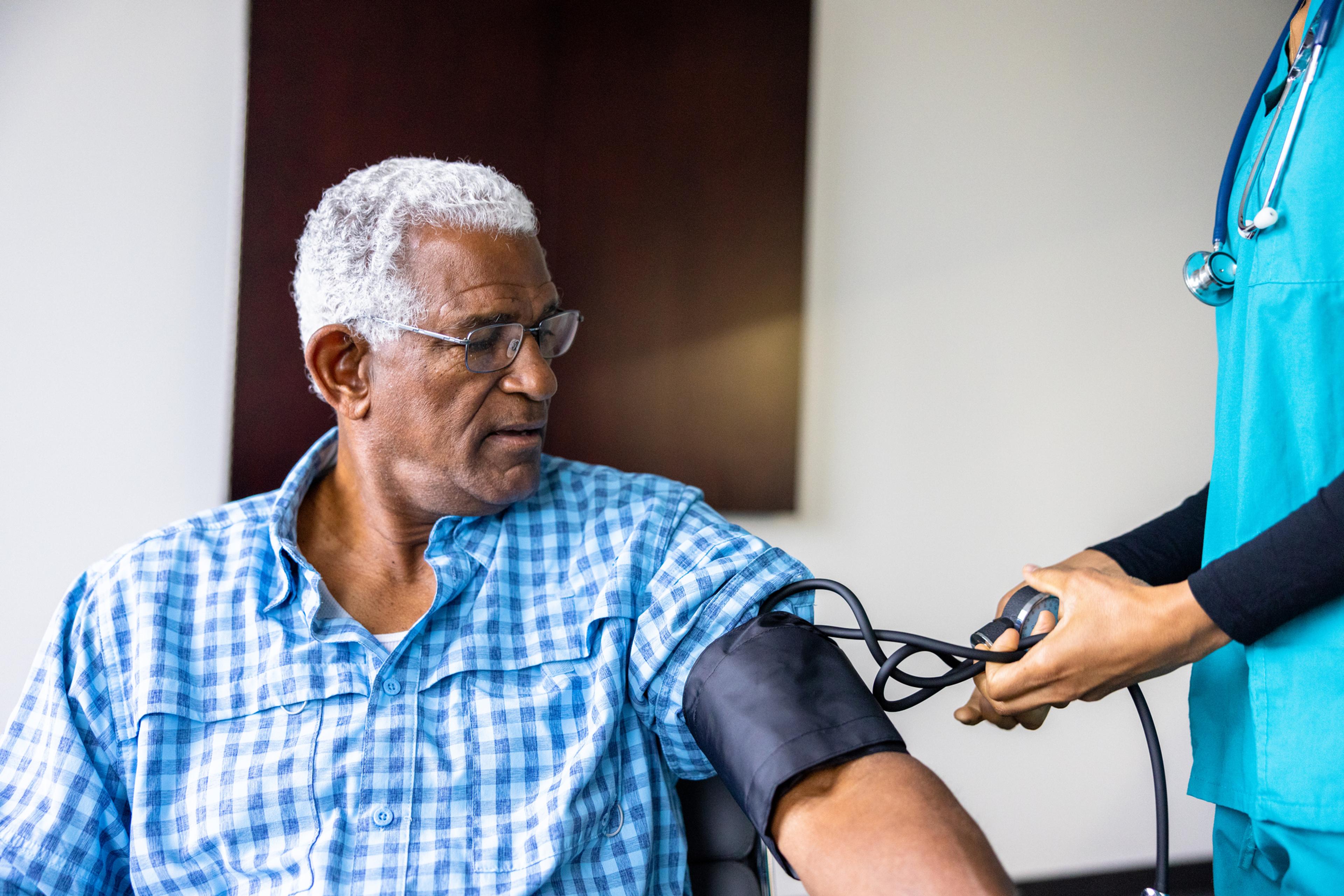Hidden Signs of Heart Disease

James Grant, M.D.
| 3 min read
James D. Grant, M.D., is executive vice president an...

You likely know that chest pains and discomfort are signs of a heart attack, but do you know the signs of heart disease?
Heart disease includes several different health conditions such as disease of the heart muscle, heart valve disease, coronary artery disease, arrythmias and congenital heart defects. Many of these conditions are treatable with lifestyle changes and medications. Early detection can help with long term health and help you save money on health care.
Here are hidden symptoms of heart disease to pay attention to:
Fatigue
Fatigue can be a symptom of many different health conditions or something as simple as a lack of quality sleep. If you experience new and constant fatigue, however, that can be a sign of cardiovascular disease, according to the American Heart Association. When the heart is not pumping effectively, it can cause people to be more tired.
Shortness of breath
Physical exertion leads to shortness of breath for most people, but being short of breath after climbing up a few stairs or doing a small task can indicate heart trouble, according to the Mayo Clinic. The feeling of being unable to catch your breath can be a sign of various heart problems such as:
- coronary artery disease, or a lack of blood flow to the heart
- cardiomyopathy, or a diseased heart muscle
- arrythmia, or irregular heart beats
- heart valve disease
Swollen feet or ankles
When the heart isn’t working efficiently or effectively, it can cause swelling in the legs, ankles and feet. Heart failure means the heart muscle is weakened, and the body compensates for this by retaining salt and water, which can lead to swelling, according to the American Heart Association.
Heart palpitations
While most irregular heartbeats, called arrythmias, are harmless, they can be a sign of heart disease, according to the American Heart Association. Heart disease can cause the heart to beat too slowly or too quickly, making it less effective. A resting heart rate of higher than 100 beats per minute (BPM) or lower than 60 BPM are considered too fast and too slow, respectively. A healthy or active adult’s resting heart rate can be lower than 60 BPM while sleeping or resting.
Causes of irregular heartbeats include:
- Changes in blood flow that damage the heart’s electrical system or scar the heart tissue
- Delay or blockage of electrical signals that control the heartbeat
- Electrolyte or hormonal imbalance
Unexplained aches or pains
Most people experience aches and pains, especially as we age. Pain in the jaw, shoulders, arms, back or abdomen following exercise can be a sign of heart disease, particularly coronary artery disease. The pain may decrease with rest.
If you notice any of these symptoms, especially a combination of them, talk to your primary care provider. Heart disease is treatable with early lifestyle interventions.
Seek immediate medical care if you experience signs of a heart attack:
- Chest pain or discomfort
- Pain or discomfort in the arms, back or jaw
- Fainting
- Nausea
- Sudden shortness of breath
- Unusual tiredness
- A cold sweat
Image: Getty Images
Related:





